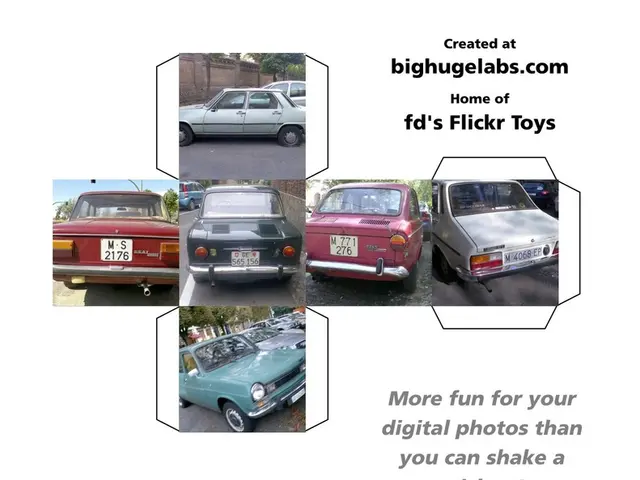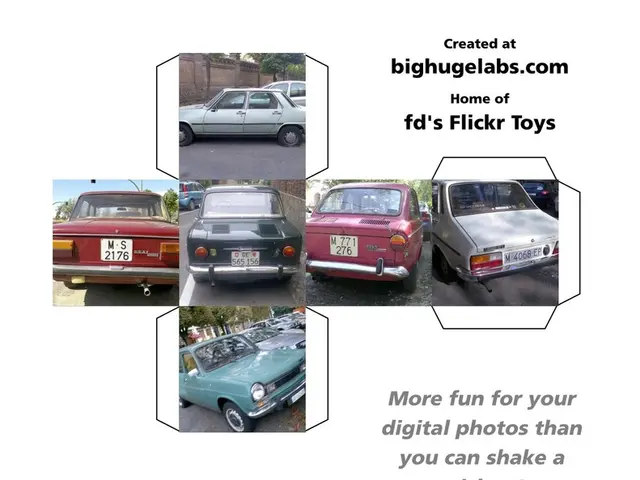Ford to Lower Carbon Emissions by Expanding Production of F-150 Lightning Trucks, Electric Vans, and Hybrid 3-Row SUVs
Ford Motor Company is making significant strides in its electric vehicle (EV) strategy, announcing plans for new models, advanced technologies, and cost-saving measures.
Starting from 2025, Ford's BlueOval SK's Kentucky 1 plant will produce cells for the current E-Transit and F-150 Lightning. This move is part of Ford's strategy to maximize capacity utilization and reduce costs. The next-generation F-Series Super Duty pickup will also have a range of propulsion options.
In the second half of 2027, Ford will launch its next-generation electric truck, codenamed "Project T3". This truck will build on the success of the F-150 Lightning, offering upgraded bi-directional charging capability and advanced aerodynamics—features never seen on any Ford truck. The electric truck will be assembled at BlueOval City's Tennessee Electric Vehicle Center.
Ford is not limiting its electric vehicle focus to passenger trucks. In 2026, the company will roll out a new digitally advanced commercial van, assembled at Ford's Ohio Assembly Plant. This van is expected to be a game-changer, prioritizing practicality and cost-efficiency, catering to today's cost-conscious EV consumers who value practical ways to save money on fuel and maintenance.
Ford's electric vehicle market strategy is influenced by Chinese competitors with cost-efficient structures. To further reduce costs, Ford established a skunkworks team in California in 2022 to rethink the full vehicle and reduce costs for its next-generation electric vehicles.
Lithium iron phosphate (LFP) battery production is on track to begin in 2026 at BlueOval Battery Park Michigan. This move is expected to contribute to cost reductions and increased capacity utilization for Ford's EVs.
Ford is also developing a new family of electrified three-row SUVs, which will include hybrid technologies. This expansion into the SUV market demonstrates Ford's commitment to growing its electric vehicle business.
In addition, Ford and LG Energy Solutions aim to move some Mustang Mach-E battery production from Poland to Holland, Michigan, in 2025. This move is part of Ford's efforts to streamline battery sourcing and support electric vehicle and other emerging electrified vehicle applications.
Ford's strong commercial electric vehicle presence, led by the E-Transit, America's best-selling electric van suitable for businesses of all sizes, positions the company well for the future of the EV market. The introduction of its new advanced digital electric commercial vehicle in mid-2025 will further solidify this position.
With its focus on cost reductions, advanced technologies, and a diverse range of models, Ford is poised to make a significant impact in the electric vehicle market. The company's commitment to practicality and cost-efficiency is expected to resonate with consumers, driving growth in its electric vehicle business.
Read also:
- President von der Leyen's address at the Fourth Renewable Hydrogen Summit, delivered remotely
- Unveiling Innovation in Propulsion: A Deep Dive into the Advantages and Obstacles of Magnetic Engines
- Intensified farm machinery emissions posing challenges to China's net-zero targets
- EU Fuel Ban Alerts Mercedes Boss of Potential Crisis








